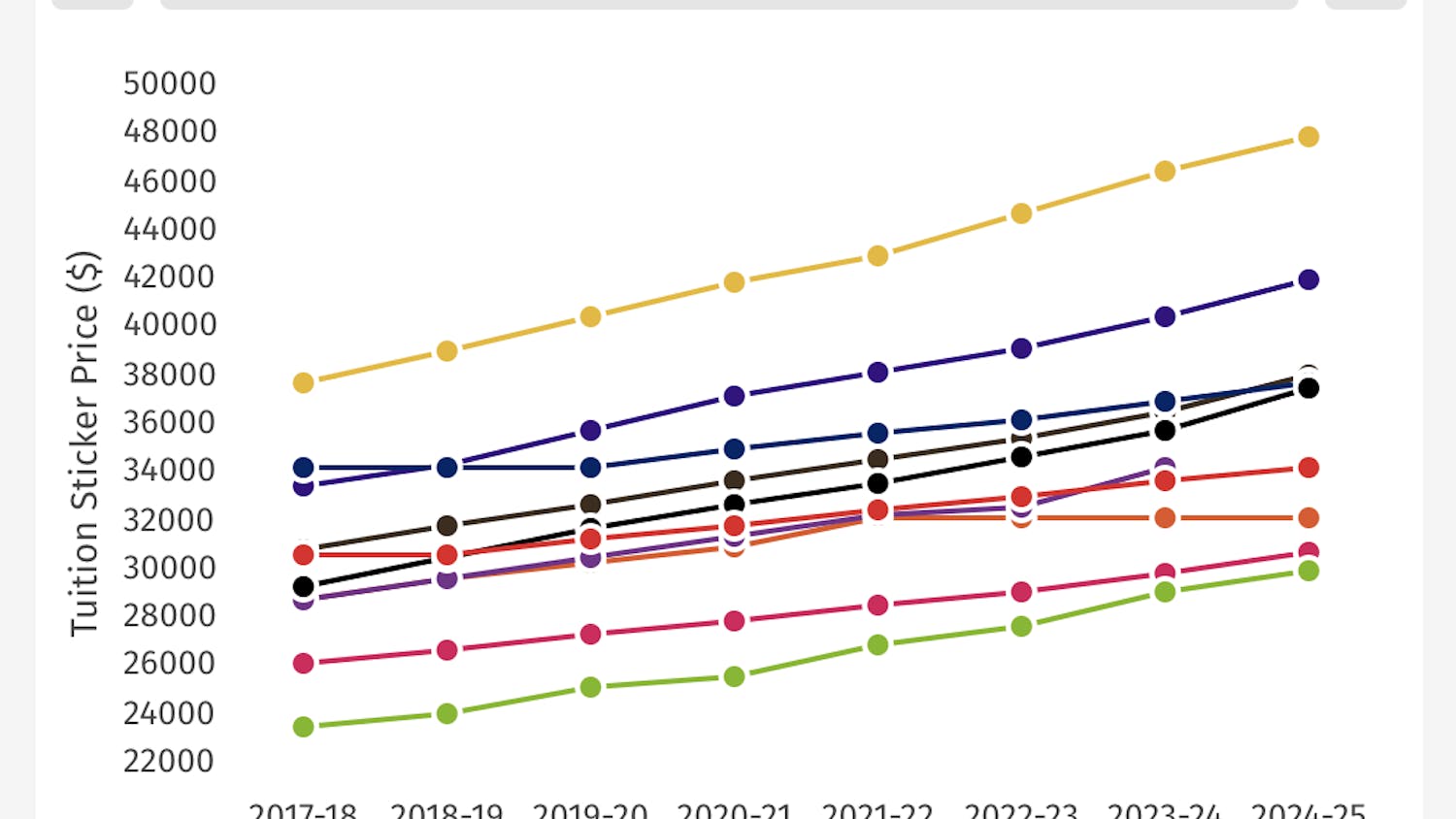On Feb. 23, San Francisco assemblyman, Tom Ammiano, proposed a bill that could potentially make California the first state in the U.S. to legalize marijuana. If passed, the bill would make it legal for people 21 and older to purchase marijuana. California is no stranger to marijuana legislation. It was the first state to legalize medicinal use of marijuana in 1996. The bill states it will, "remove all existing civil and criminal penalties for adults 21 years of age or older who cultivate, possess, transport, sell or use marijuana, without impacting existing laws proscribing dangerous activities while under the influence of marijuana, or certain conduct that exposes younger persons to marijuana." The Marijuana Policy Project states on its Web site, "The bill, A.B. 390, would not only allow personal use and cultivation of marijuana but would also set up a legal system to tax and regulate it similarly to alcohol." With California's economic crisis, regulating and taxing something people use might not be such a bad idea. Let's face it, people smoke marijuana and will continue to even when it is illegal. Why not organize it, set limits on the usage and find a way it can help the economic status of California? According to the National Organization to the Reform of Marijuana Laws (NORML), the people of California pay $170 million a year to arrest and detain offenders of marijuana use. Greg Dennie, sophomore English major, sees the bill as a step in a good direction. "I think it is great. It will really free up a lot of jail space," Dennie said. Jail space is not the only way the bill could potentially help California. By taxing the sale of marijuana, NORML.com states that California could bring in "$1 billion annually in tax revenue." Sophomore accounting major Stacia Coffing is not so sure about the idea. Coffing would not like it if Ohio tried to legalize the use of marijuana. "California is in a lot of financial trouble, so if it works for them, fine. I am just happy I don't live in California," stated Coffing. "They just have to be careful, just like alcohol, people will abuse it." The bill states the tax revenues would go to "drug education and awareness." This is important. The fact that the bill mentions drug education shows that it is not trying to make money off of California's vices. Instead, the state will take into consideration something people are doing anyway and find the best way it can help the state's economy. I actually wish California the best of luck if the bill is passed. The state has a lot of hard work cut out for them, but with potentially good results. Marijuana has been labeled as the gateway drug, but in California's case, it might be its gateway out of an economic depression. t&c;
REBEKAH CLEVENGER IS A SENIOR BROADCASTING AND JOURNALISM MAJOR AND STAFF WRITER FOR THE t&c.;





